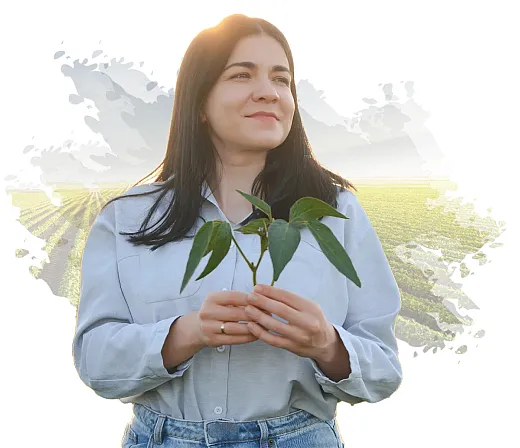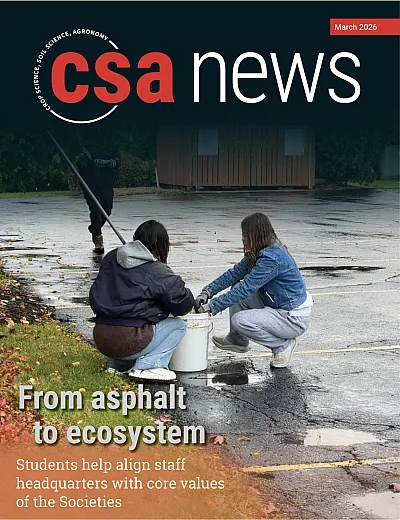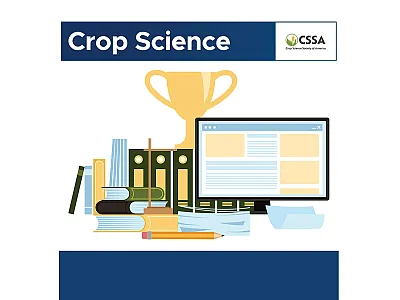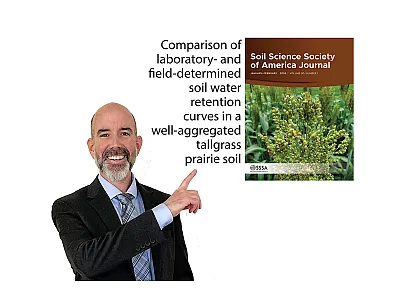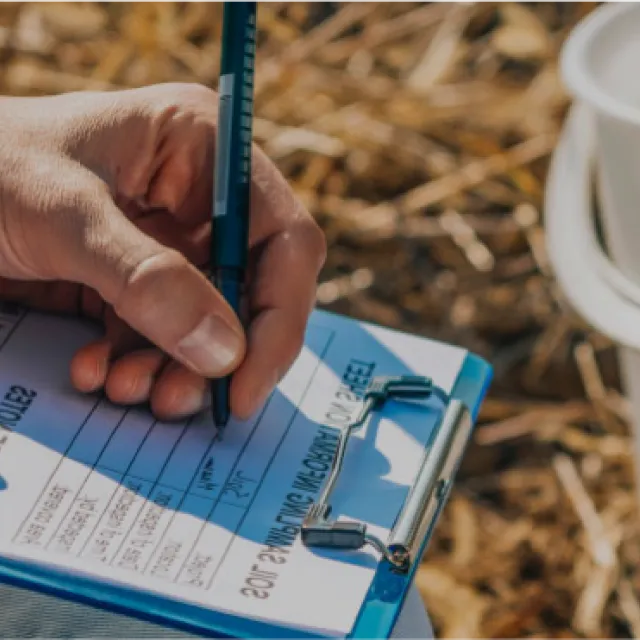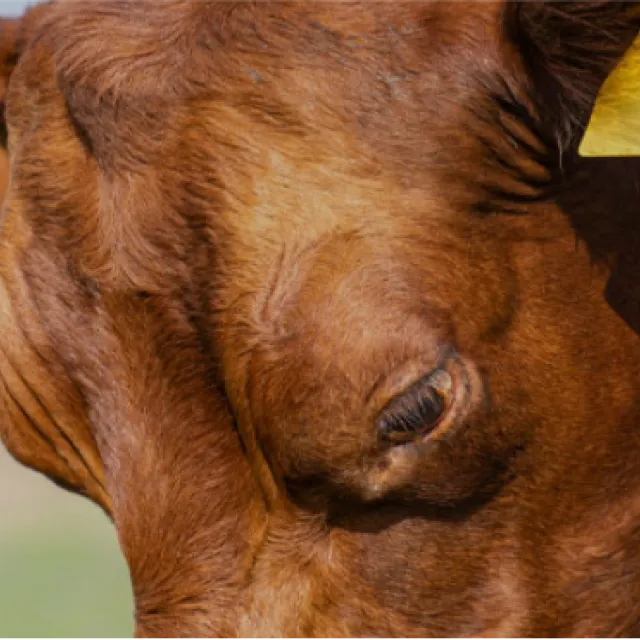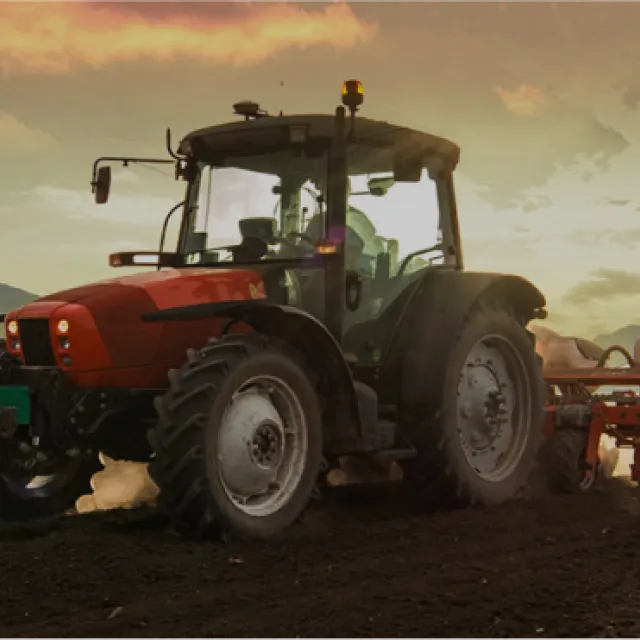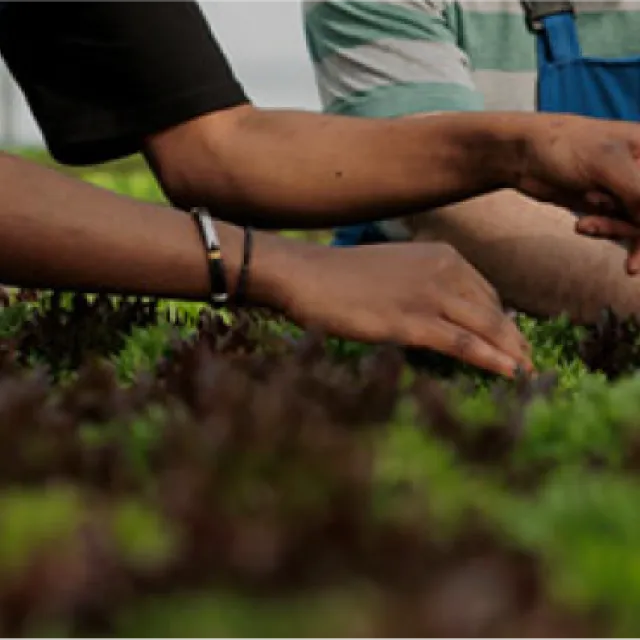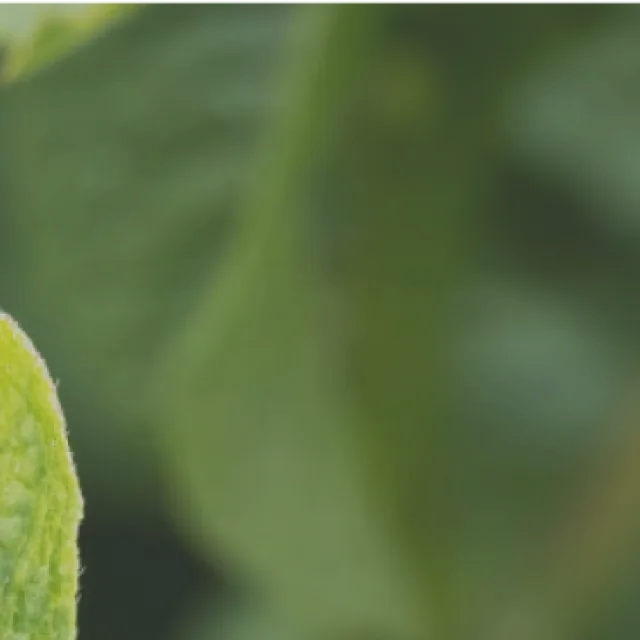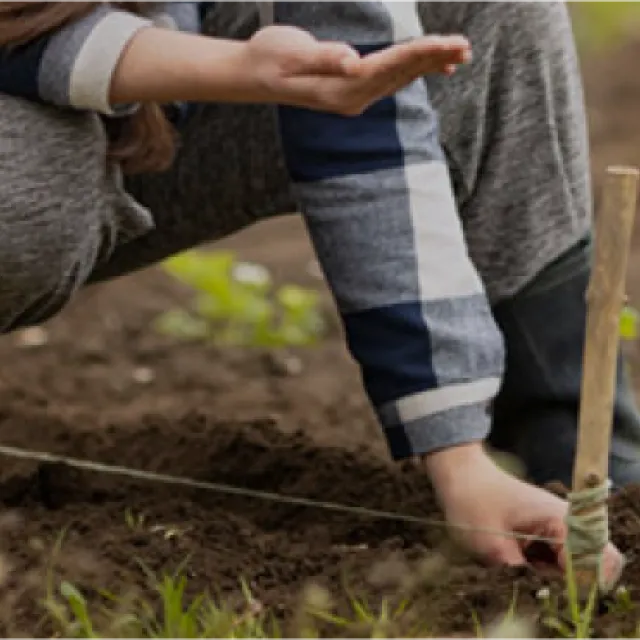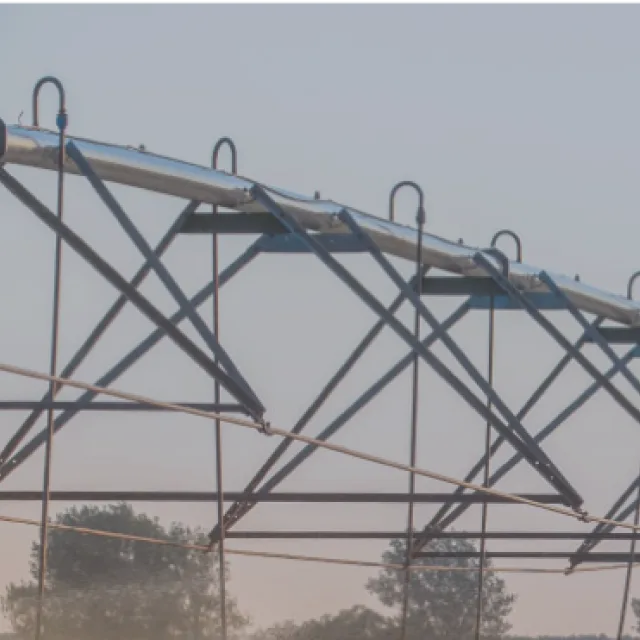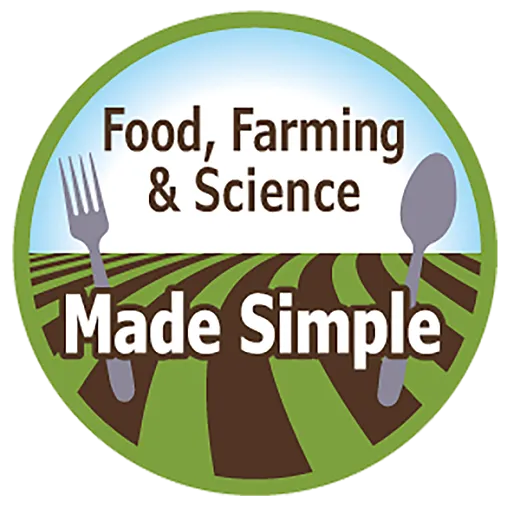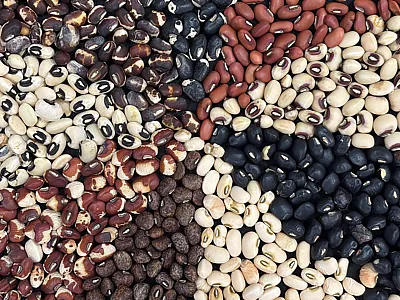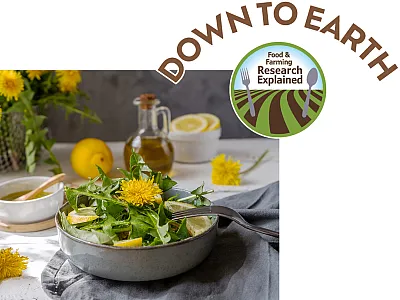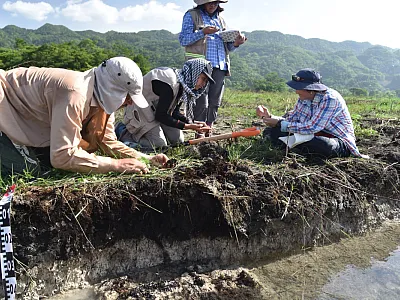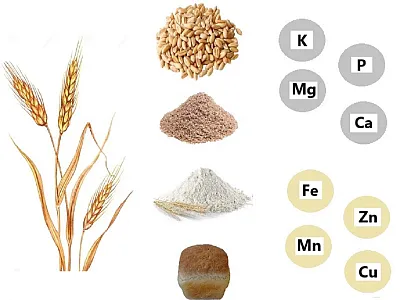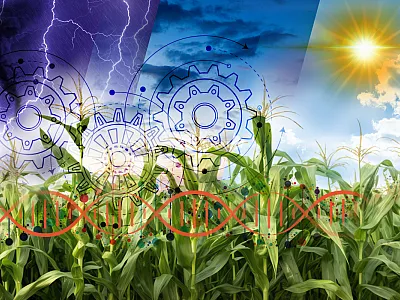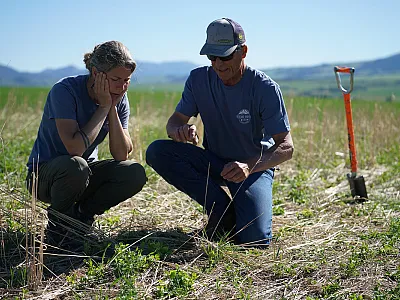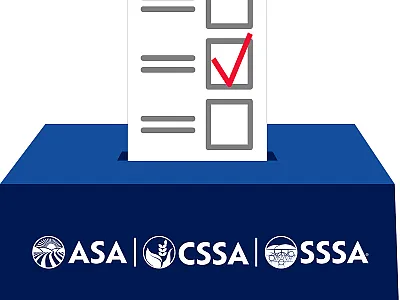
From asphalt to ecosystem
Students from the University of Wisconsin-Madison are partnering with ASA, CSSA, and SSSA to transform their asphalt-heavy headquarters in Fitchburg, WI into a science-based model of green infrastructure that better reflects the Societies’ sustainability values. Through hands-on soil testing, spatial mapping, and ecological design, the project is turning stormwater challenges into an opportunity for education, ecosystem restoration, and long-term community impact.
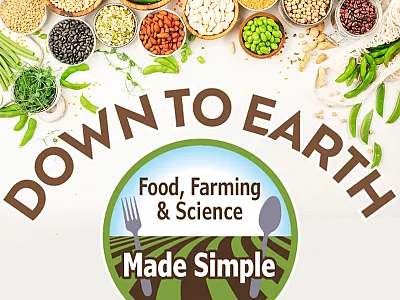
Plant-based proteins: Good for you and the planet
Plant-based proteins like pulses and legumes offer major health and environmental benefits, but the industry relies on too few crop species and needs greater investment and diversification to meet growing global demand sustainably. Advances in breeding, genetics, and food processing are unlocking opportunities to improve protein quality, reduce anti-nutritional factors, and create better-tasting, affordable products for a more resilient food system.
Featured articles
Connections: A life in viticulture with Dr. Paul Skinner
In this episode of the "Connections" series of the Field, Lab, Earth podcast, Dr. Paul Skinner discusses his career in viticulture and his time as a member of the Soil Science Society of America.

Soil riddles: March 2026
Think you know soils? Test your knowledge in our new series, “Soil Riddles.”
If you are the first to guess the correct soil series name and its geographical location, we’ll publish your name along with the answer in an upcoming issue.
Down to Earth
Our Down to Earth section publishes food, farming, and environmental concepts and research in language that is easy to understand by all, including those without formal scientific training. Visit us each week as we continue to add more sections and content.
Recent articles
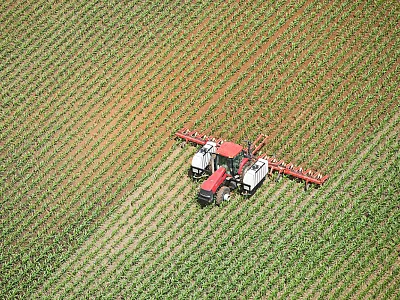
Nitrogen application for optimized corn yield in the USA
Present status, challenges and prospects
Effective application of nitrogen (N) is crucial in corn production to overcome current environmental, economic, and crop-yield-related issues. Adoption of site-specific cropping systems, precision agriculture, and collaboration with economists, extension specialists, and policymakers can assist in creating a climate-resilient and N-efficient production structure. For this, we need to understand the present status of the corn and N relationship, address the relevant challenges, and develop a corn system with better N use efficiency. Addressing questions related to effective N application for achieving improved corn yield can help farmers overcome higher input costs and achieve their target yield while reducing their environmental footprint.
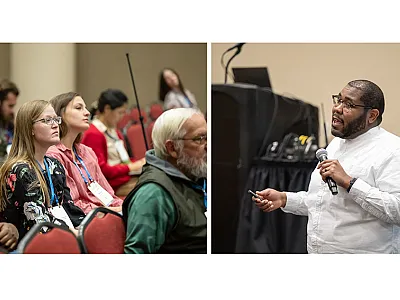
Creating spaces where all members can thrive
At CANVAS 2025, the ASA, CSSA, and SSSA Diversity, Equity, and Inclusion Committee hosted programming focused on a timely theme: how we create spaces where all members can thrive.
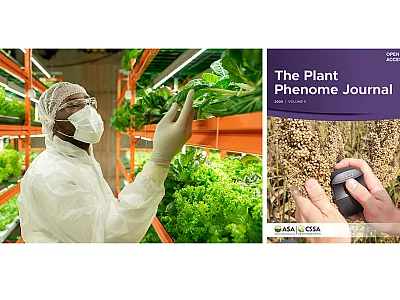
'Phenomics of Germplasm Collection' special section: Abstracts due March 31
To mark the 100th anniversary of N. I. Vavilov's publication The Centers of Origin of Cultivated Plants (Vavilov, 1926), The Plant Phenome Journal is inviting submissions for a special section that celebrates and advances the legacy of Vavilov’s work through modern phenomics. Abstracts are due Mar. 31, 2026. Learn more.
Events
We want to hear from you
Do you have an article you'd like to submit or feedback for the magazine team? Let us know!
